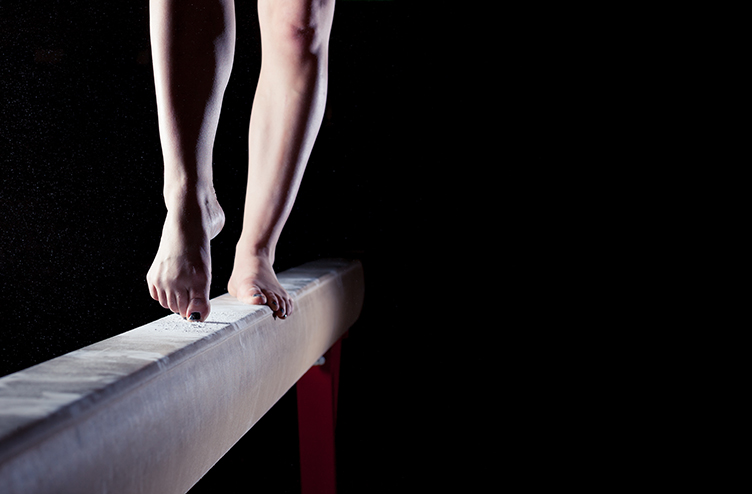I’ve been working from home for over five years. Over that time, I’ve learned a lot about how to manage the balance between work and life.
The first day I worked from home instead of going to an office, I cried.
That was 2014. The days and weeks seemed to yawn ahead of me with no end, no structure, and no one to chat with over a coffee break. It was one of the hardest things I have personally done, and ultimately the best decision I ever made for me and my business.
There is something lost when you work from home, but something gained too. Over the next few years, I learned a lot about how to make working from home tolerable, even enjoyable, and certainly productive. I learned how to self-regulate my schedule, be more independent, and take more time for reflection before making a decision. Because there was no one in front of me expecting an answer, I took my time and found I was making better decisions.
If you’re not fond of social distancing or working from home, consider looking on the bright side. There are a lot of things you can’t control, but you can control your attitude. Why not be curious about what you can learn from this experience and see what benefits you can gain?
Here are some tips to help you make the next few weeks productive and positive:
- Establish good habits and routines early. It’s easy to fall into bad habits. If you are mindful during your first days at home, it’s just as easy to set up good habits. Create a routine that helps you separate life and work. Write down a daily and a weekly schedule and commit to sticking to it. To help you, make a self-accountability worksheet by printing an empty calendar and posting it on your fridge or somewhere visible. Note daily if you stuck to your schedule, or where you need to improve. Get inspired to evolve better and better habits.
- Separate your work-space from your living space. One of the dangers of working from home is losing your sense of separation between work and life. Sure, you can sit on your bed with a laptop and work there, but will you want to sleep there later? You can also sit on your couch, but will the TV remote become too tempting? Treat yourself like you would treat your best employee, and part of that means being your own boss. Separate a work area from the rest of your living space, no matter how small the work area is. It can just be a chair and a spot on a table. When you are in that space, you are “at work.” When you get up, you have “stepped away.” Separating these spaces will help you maintain productivity in the long run. Specify a quitting time when you are ready to put away your boss hat and enjoy your personal life.
- Create goals for every day and every week with measurable results that have due dates. Setting an intention goes a long way to helping you get things done. When your intentions have clear results and due dates, even better. When you wake up or start you week, take a minute to Identify your intention and write what you want to accomplish. Then ask yourself two key questions: 1) How will you know you succeeded? 2) When does it have to be done by? At the end of the day, or week, take a few minutes to reflect back on how you spent your time and ask yourself: did I accomplish what I set out to do? Writing your answers down will help you get better with each passing day.
- Designate limited distractions. In order to stay focused, best practices mean taking a 5 to 10-minute break every hour. Studies show that short breaks help you do better work over the long haul and reduce burn out. If you start a long, slow, low-attention project, it will give you an excuse to get up once in a while and think about something else. This is a great time to learn how to make cassoulet which can take two days with lots of wait time between steps. My favorite projects involve cooking. My husband likes to set his flight simulator to a real-time flight from LA to NYC using autopilot. It’s a fantasy vacation! There are lots of great small distractions that will clear your mind for a few minutes. Try a small puzzle, laundry, a stretching routine, or any other short task that helps break up your day. You’ll find yourself more productive when you sit back down.
- Connect daily via voice calls, video-conference, or social media. The worst feeling is to be on email all day without having spoken to anyone. Don’t let email become a substitute for live interaction. Pick up the phone and chat with someone a couple times a day. Schedule video-conferences with others. When you talk to a co-worker instead of email, be sure to send a follow up email with points to remember so you have a record of what you discussed. Take time to chat casually and enjoy a little connection time while on Skype or phone.
It’s normal to feel afraid or sad when looking at the prospect of a lot of time alone. Acknowledge your feelings in order to process through them. Write in a journal or talk to a friend. Then commit to making this a positive and productive time in your life. If you make good habits and stick to them, you may find that you become more independent, more self-reflective, and possibly even more creative and productive. I hope this will become a time of positive transformation for you.
PS: if you need more inspiration for sticking to good habits and routines, try reading or listening to Atomic Habits. Highly recommended!
